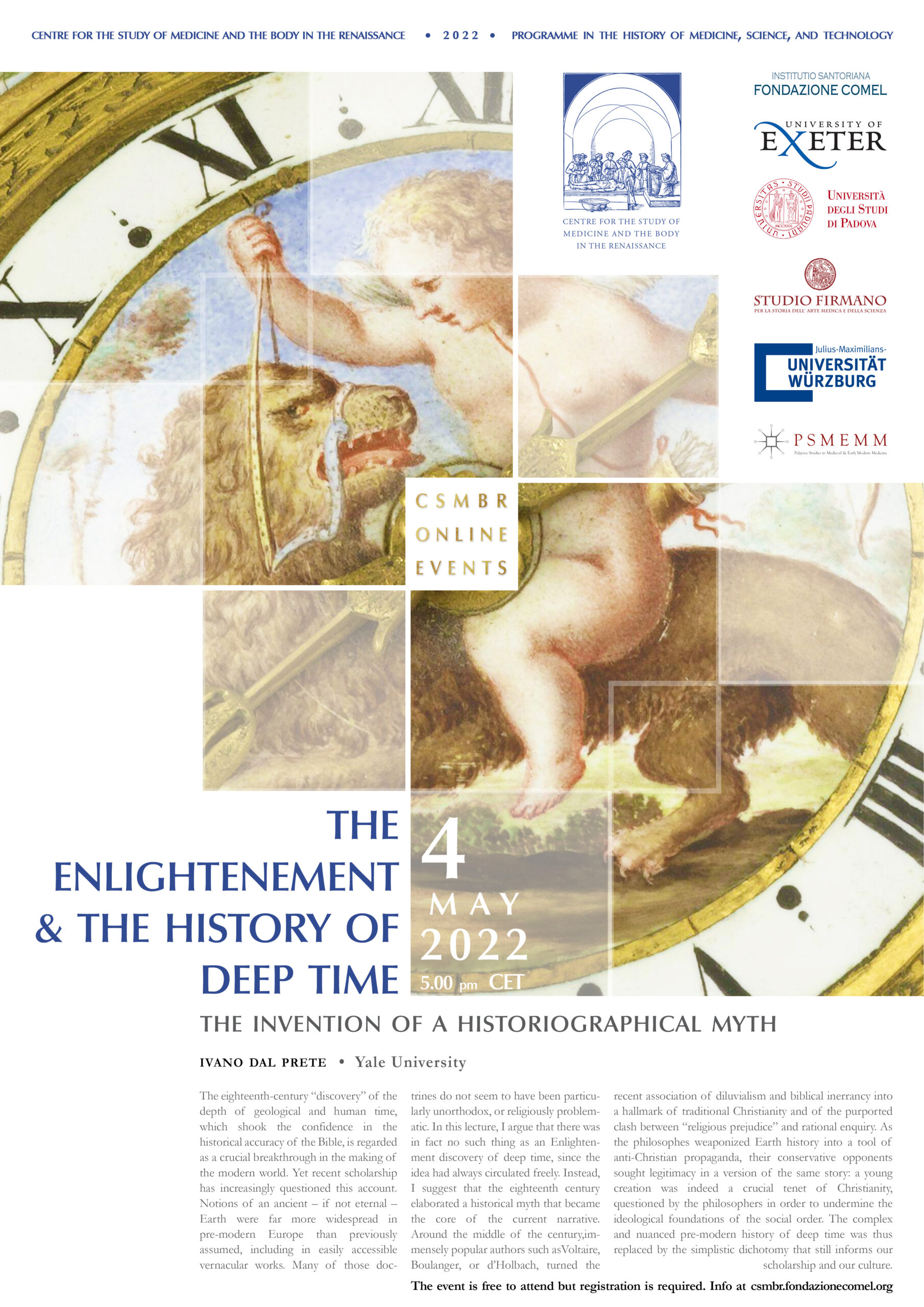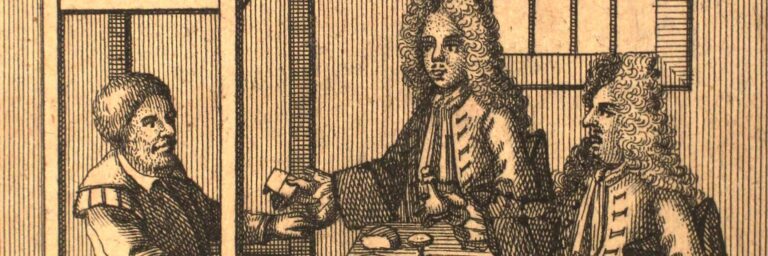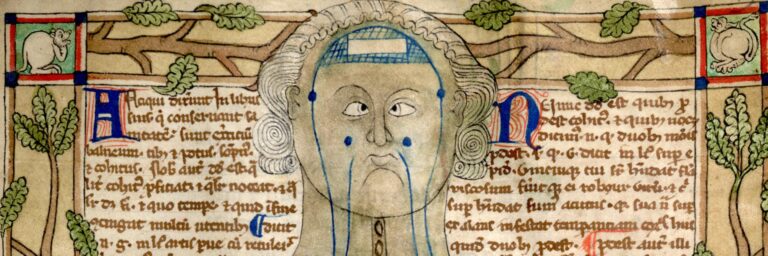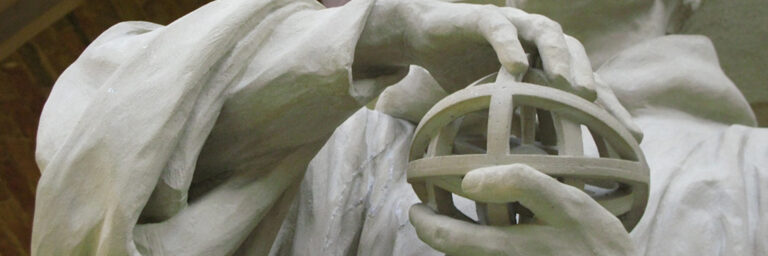The Enlightenment and the History of Deep Time
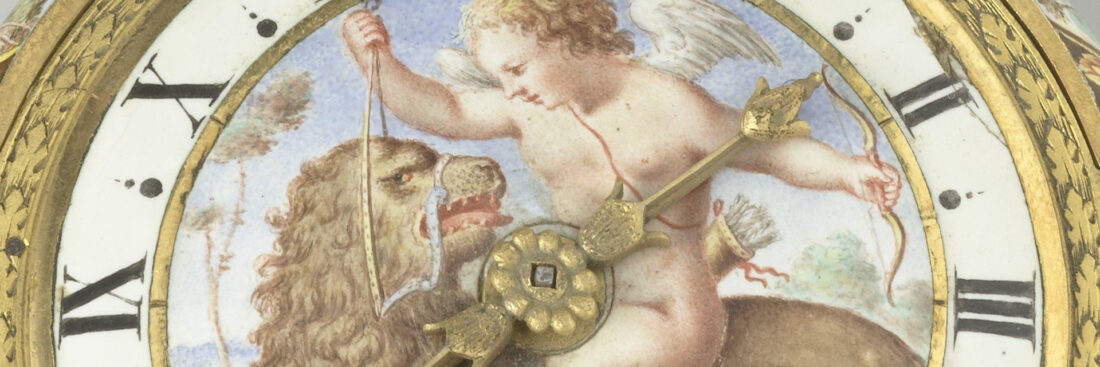
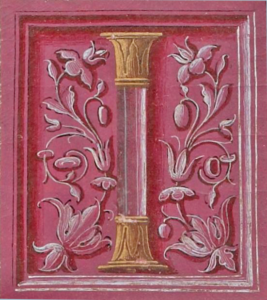
The Enlightenment and
the History of Deep Time
The Invention of a Historiographical Myth
Ivano Dal Prete
4 May 2022 – 5 PM (CET)
The eighteenth-century “discovery” of the depth of geological and human time, which shook the confidence in the historical accuracy of the Bible, is regarded as a crucial breakthrough in the making of the modern world. Yet recent scholarship has increasingly questioned this account.
Notions of an ancient – if not eternal – Earth were far more widespread in pre-modern Europe than previously assumed, including in easily accessible vernacular works. Many of those doctrines do not seem to have been particularly unorthodox, or religiously problematic.
About the Speaker ...
Ivano Dal Prete is a senior lecturer at Yale University. He has taught and conducted research at the University of Minnesota, Columbia University, Harvard/Villa I Tatti (Florence), the Huntington Library (Pasadena), and the Italian Academy for Advanced Studies in America.
He has published extensively on the history of early modern Earth sciences, astronomy, popular science, and scientific communication networks. He is the author of Scienza e Società nel Settecento Veneto (FrancoAngeli, Milan, 2008). His forthcoming book, On the Edge of Eternity. The Antiquity of the Earth in Medieval and Early Modern Europe (Oxford University Press, 2022), questions the common narrative of an eighteenth-century discovery of geological time, arguing instead that the idea of an ancient Earth was widespread and freely discussed in medieval and early modern Europe.



